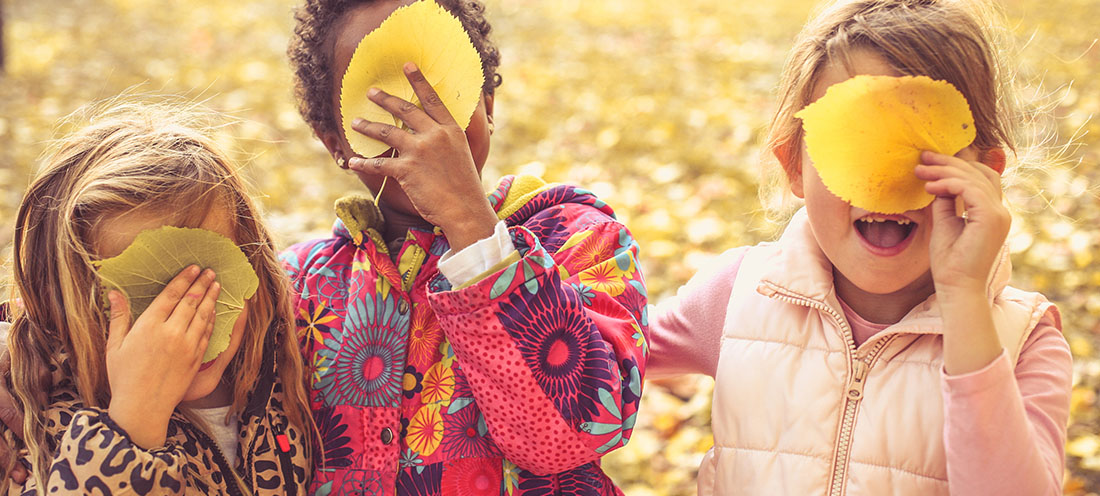Courage came easy to me when I was younger but somewhere along the way fear and anxiety beat it senseless to the ground and took center stage.
In third grade, I found myself in a painful place of being a witness to my close friend being bullied. I decided silence was a disservice to our friendship. Alas, my much vocal support got drowned in the sea of noises and did little to deter the perpetrators. My friend, you see was not being bullied by just one person but by a bevy of students we had ironically called friends.
I was determined to not let things slide and sought my mother’s counsel. She suggested that we do three things or some combination of the three: contact the teacher, notify the parents, and alert the school counselor. We opted for the first two. The parents took immediate action, showed up at the school, and met with the teacher. The teacher took the bullies aside during recess, reprimanded them, and had them walk the rest of the recess. Needless to say, the bullies were furious with me. Later my mother asked if I would change anything about what I had done based on the reaction of the bullies toward me.
“No,” I told her. “I don’t want to have friends who think it’s okay to mistreat someone.”
Thinking back to that moment even I was moved by my courage. As I grew older and entered middle school, I witnessed several other forms of bullying especially between girls, cloaked in power struggles, intimidation, social alienation, relational aggression, and ostracizing. I saw some very strong bonds between close friends curdle and turn toxic.
At some point along the way, I too, fell victim to the very thing I had tirelessly aimed to defend others from. And at the moment when I needed it most, my courage was nowhere in sight.
Bullying in middle school presented itself in a very distinct manner that contrasted with the elementary tactics of impairing confidence. It was the hypercritical eyes of girls huddled in cliques that darted up and down at me as I walked the halls in my new blue skinny jeans and knitted rose pink sweater, I had so confidently laid out to wear the night before. It was the determination to befriend me only to share with others the things I had told them in confidence and the intentional exclusion from their groups when I wouldn’t comply. And it was the seemingly mild, yet soul-puncturing phrase “You’re so stupid,” that wounded me, echoing continuously in my ears as I took my seat in class each day.
None of what I endured fit the perceived definition of bullying; my experience lacked physical mistreatment and overt threats and thus, I didn’t treat it as such, opting to handle matters myself. Lacking the necessary skills to combat the issue, I continued to find myself in circumstances where I felt belittled and degraded. Day by day, the treasured confidence that had once allowed me to be an upstander, began to slip away from my increasingly fragile grasp and what ensued was a state of heightened apprehension and anxiety.
Mercifully, at the conclusion of seventh grade, my family moved to another area where I would attend a different school for my final year of middle school. With a fresh start, I steadily regained the confidence I had been robbed of amongst a group of new friends who cherished me.
During my research I discovered that almost 30% of youth in the United States are estimated to be involved in bullying as either a bully, a target of bullying, or both. Furthermore, half of bullying situations stop when a peer intervenes on behalf of the student being bullied. I also found out that an average American today is less empathetic than 75% of Americans 30 years ago.
Over the years, I informally met and coached young girls who had experienced bullying and were looking for support. I realized that a strong program was needed to help young girls earlier in life before they found themselves in situations that could damage their self-esteem.
My research and discovery over a period of six months led me to develop Project Empowerment–– a 5-week interactive program designed to foster empathy and courage in young girls. The idea is to catch girls at the prime age preceding middle school and have them examine issues on a multitude of levels: self, family, school/community, and the world at large to see how their actions impact others. Participants in Project Empowerment are called Care Agents and engage in an array of interactive activities and discussions, respond to scenarios to gauge their response to bullying and empathy levels, receive tips and tools to deal with bullying, build a support system, and perform acts of service to see beyond the bounds of one’s privilege.
Through Project Empowerment, my hope is to build a community of caring individuals who know that one empathetic heart is all it takes to create a safe space in which no one is marginalized or ostracized and where anyone can soar high on the wings of courage.
Project Empowerment is the brainchild of Aanyah Abdullah. After months of careful research and planning, she developed this project to instill empathy and combat bullying in young girls.

